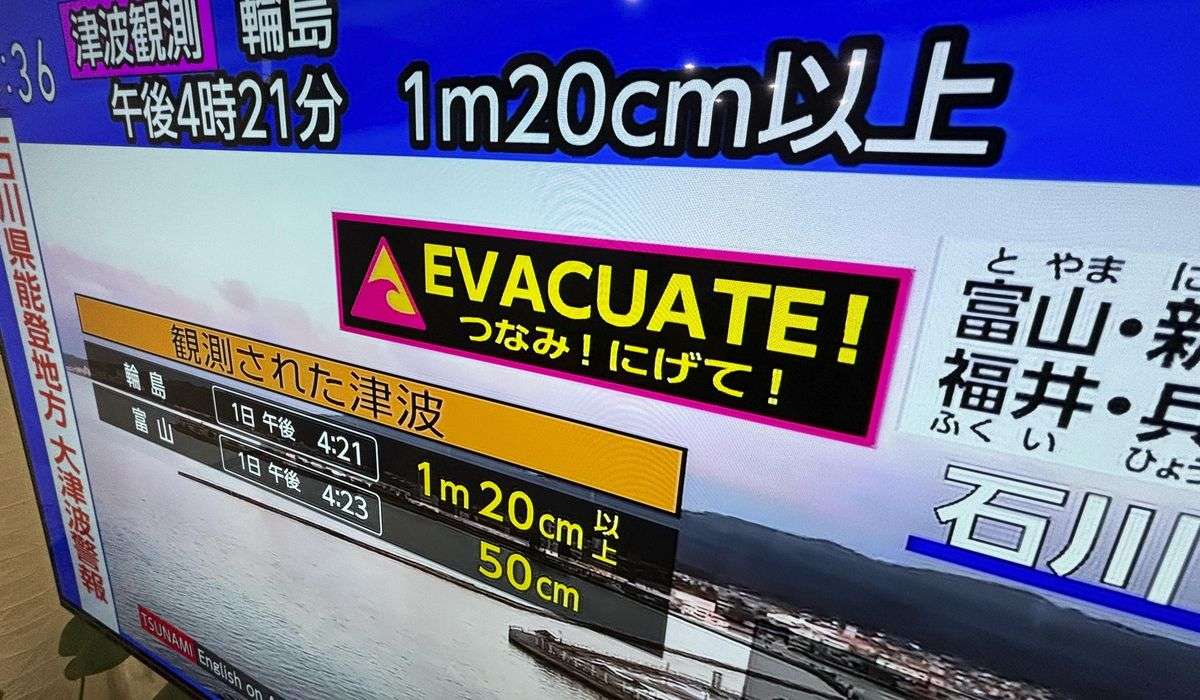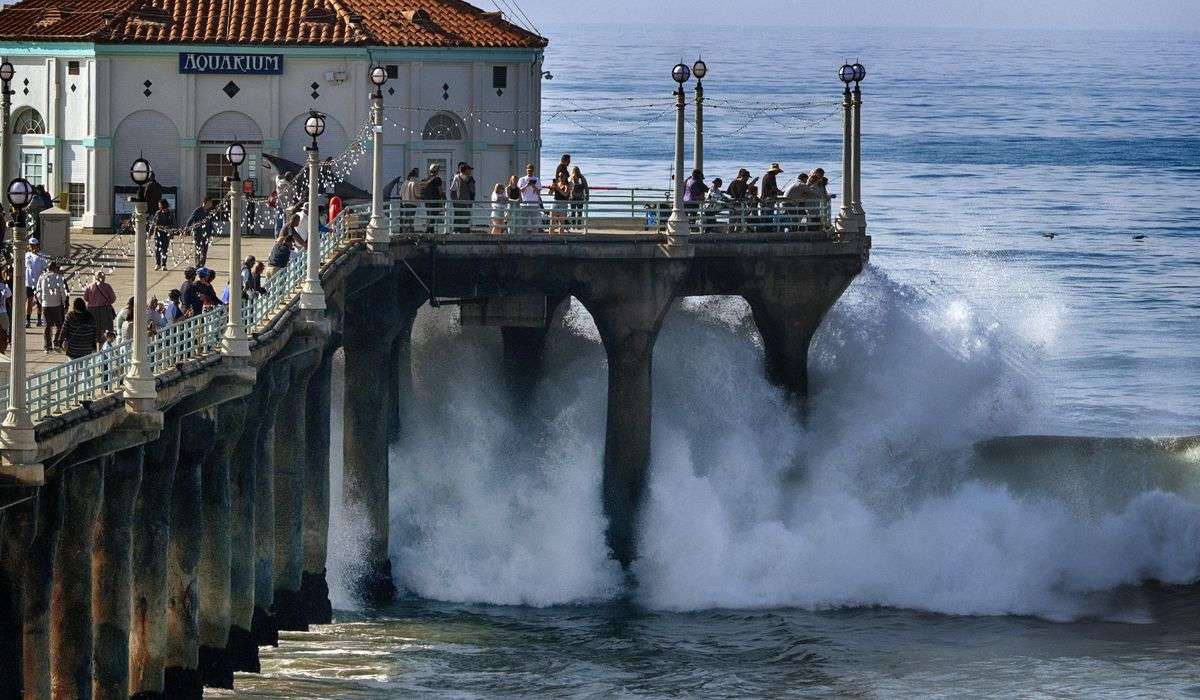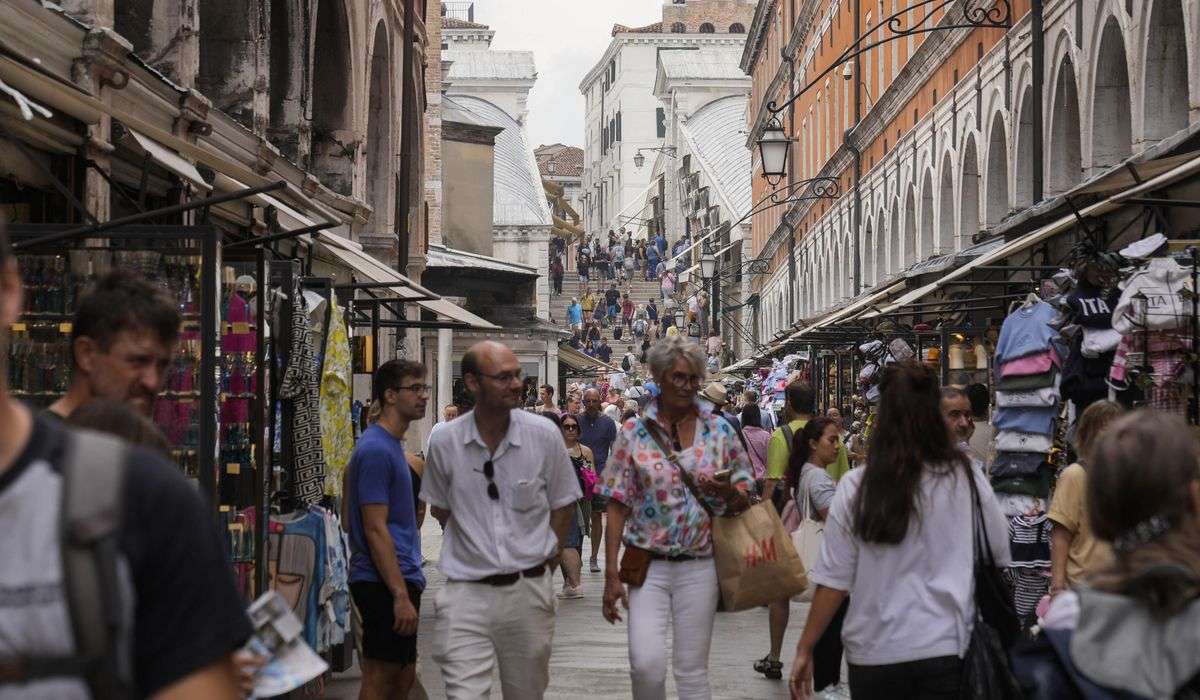How to travel during extreme heat
By Christopher Elliott,
When you’re on the road, the worst heat is the kind you don’t expect. I learned that uncomfortable truth in Buellton, Calif., a place known for its comfortable climate. My recent trip taught me a surprising lesson on how to travel during extreme heat.
Buellton is no Death Valley. It’s located halfway between Santa Barbara and Santa Maria near the California coast. That’s a part of the Golden State with a reputation for year-round Mediterranean temperatures. But the weather gods had other plans when I visited in June. Daytime temperatures soared into the high 90s.
The oppressive heat kept us confined to our room at the Sideways Inn, with the air conditioning cranked as high as it would go, waiting until the evening to venture out.
AccuWeather’s chief meteorologist, Jonathan Porter, says it is going to be a summer of extremes. “We expect another hot summer in much of the country, with a busy hurricane season and an active fire season,” he told me.
We got a preview of these temperatures earlier this month when a heat wave grilled the American West. Las Vegas set a daily record, at 116 degrees Fahrenheit. Oh, and speaking of Death Valley, the thermometers there topped out at 126 degrees.
“This is a major issue many of us are grappling with this summer,” says Aditi Nerurkar, a physician who specializes in stress and mental health issues at Harvard Medical School. “We’ve been cooped up indoors for most of the year during quarantine. Now many of us are vaccinated and want to head out for summer trips. But rising temperatures are a major issue this summer.”
One of the best ways to deal with extreme heat is to avoid it altogether. Typically, traveling to a higher elevation or farther north can ensure you won’t get baked. One of my favorite places to escape the heat is Prince Edward Island, Canada. Too bad Canada is off-limits to Americans — at least for now.
Several other pieces of advice fall into the same common sense category. They include avoiding peak hours of sunlight, wearing loose white or light-colored clothing and using a broad-spectrum sunscreen. And you can prepare yourself for the heat, according to David Della-Giustina, an emergency medicine physician at Yale Medicine and professor at Yale School of Medicine.
“Acclimatization before leaving can be very helpful,” he explains. “You can do this by going into a sauna or steam room for up to 30 to 40 minutes gradually, over seven to 10 days. It allows your body to get used to the heat and to increase your ability to respond better with appropriate sweating.”
Remember, there are different kinds of heat. If you live in a humid place, such as Washington, D.C., and plan to visit a place with a dry climate, such as Phoenix, your body might need time to adjust.
“Your body may not react well to how hot the air temperature is because the body is busy cooling itself with the efficient evaporation of its naturally produced sweat,” explains Eugene Delaune, an emergency physician and senior medical consultant to travel insurance provider Allianz Partners. “Because the sweat evaporates as rapidly as it is produced, you may lose large amounts of water without even realizing it and become dehydrated and depleted of essential salts.”
The fix? “Deliberate and aggressive” rehydration, he says.
Everyone tells you to bring lots of water, but few take enough, says Paula McWilliam, a professor of nursing at Franklin Pierce University in New Hampshire. That is because people like to travel light, and water can weigh them down.
“The good news for travelers is that there are so many great and hassle-free ways to carry water and other daily supplies,” she says. Don’t be afraid to try one of those backpacks with a water bladder. “That may have seemed out of place for casual travelers a decade or two ago, but not anymore.”
Careful planning also means looking for opportunities to cool off at your destination, say experts such as Christine Nastasi, a registered nurse and pediatric trauma coordinator at Stony Brook Children’s Hospital in New York.
“Identify places for you and your family to cool off ahead of time if needed,” she advises. “Even free spaces such as malls, libraries, and shopping centers close to vacation or tourist areas can provide quick, nearby relief from full sun or extreme heat.”
Also, keep an eye on the clock. Avoid the hottest hours of the day, and when you venture out, take your time so that you don’t overheat.
“Pace yourself,” advises Rachel Franklin, the medical director at the University of Oklahoma’s OU Health Family Medicine clinic. “It can be easy to overheat before your body has a chance to get enough sweat going.”
That advice applies to your car, too. Extreme heat can affect your car’s engine, especially if you’re towing a trailer. Air conditioning also stresses the engine. “Roadway temperatures can be twice the ambient air temperature, and the friction between the tires and road causes even more heat, increasing the likelihood of a blowout,” said Harding Bush, operations manager for Global Rescue, a provider of travel risk management services.
Specifically, for every 10 degrees Fahrenheit that temperatures rise, tire pressure increases by one pound per square inch, according to Andrew Lau, a product marketing manager at Goodyear. “Tires with high air pressure can cause unnecessary wear on tires, which in turn can lead to poor fuel economy,” he says.
So avoid driving in the heat and check your air pressure frequently this summer.
And what did I learn in Buellton? Besides avoiding June in central California, I discovered the wisdom of staying in a hotel with one important amenity. The door to our room opened to a courtyard with a small pool. We spent the late afternoon cooling off in the water.
But there’s only one way to ensure you don’t experience dangerous heat on your summer vacation. The advice comes from Bob Wood, who I reached earlier this week at his home in Fresno, Calif. The daytime high was an uncomfortable 111 degrees, too warm even to take the trash out. Wood, a retired salesman, said it is a simple fix for the elderly and others who may be vulnerable.
“My advice,” he says, “is to stay home.”
Elliott is a consumer advocate, journalist and co-founder of the advocacy group Travelers United. Email him at chris@elliott.org.
Read more from Travel: Read past Navigator columns here






